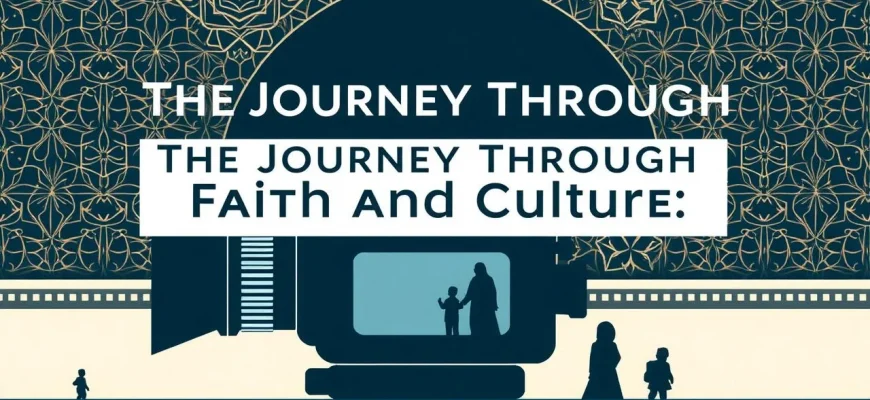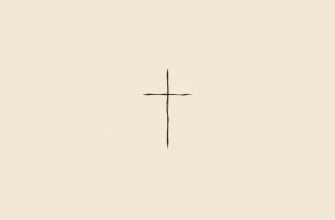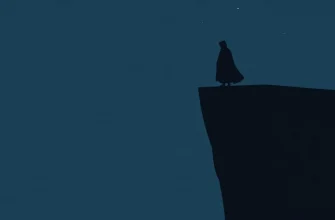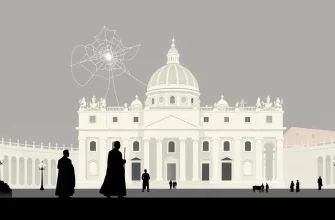In this curated collection, we delve into the rich tapestry of Islamic culture through the lens of cinema. These films not only entertain but also educate, offering a window into the lives, struggles, and triumphs of individuals shaped by their faith. From tales of personal transformation to stories of societal change, each film provides a unique perspective on the Islamic world, making this selection a must-watch for anyone interested in understanding the nuances of this vibrant culture.

The Kite Runner (2007)
Description: While not exclusively about Islam, this film set in Afghanistan explores themes of friendship, betrayal, and redemption, with Islam as a cultural backdrop.
Fact: The film was shot in China due to security concerns in Afghanistan, and the young actors were trained in kite flying for authenticity.
 Watch Now
Watch Now 
The Light of the Moon (2017)
Description: This film delves into the life of a Muslim woman in America, addressing issues of identity, faith, and personal growth in the face of adversity.
Fact: It was one of the first films to openly discuss the challenges faced by Muslim women in the West, focusing on sexual assault and recovery.
 Watch Now
Watch Now 
The Attack (2012)
Description: This film tells the story of an Arab-Israeli surgeon whose life is upended when he discovers his wife's involvement in a suicide bombing, exploring themes of identity, betrayal, and faith.
Fact: The film was adapted from a novel by Yasmina Khadra and was shot in Tel Aviv and Beirut.
 Watch Now
Watch Now 
The Message (1976)
Description: This epic film chronicles the life of Prophet Muhammad and the early days of Islam, focusing on the challenges faced by the first Muslims. It's a landmark in Islamic cinema for its respectful portrayal of religious figures.
Fact: The film was banned in several Muslim countries due to the depiction of the Prophet, though no actor directly portrayed him. It was also the first film to be shot in Libya.
 30 Days Free
30 Days Free 
The Syrian Bride (2004)
Description: This drama focuses on a Druze family living in the Golan Heights, highlighting the complexities of identity, borders, and family dynamics within an Islamic cultural setting.
Fact: The film was shot on location in the Golan Heights, providing an authentic backdrop to its narrative.
 30 Days Free
30 Days Free 
The Yacoubian Building (2006)
Description: This Egyptian film, based on a novel, examines the lives of various residents in a Cairo apartment building, reflecting on social issues, including religious identity.
Fact: It was one of the most expensive Egyptian films ever made, with a budget of over $3 million.
 30 Days Free
30 Days Free 
Caramel (2007)
Description: While not directly about Islam, this Lebanese film set in a Beirut beauty salon explores themes of femininity, tradition, and modernity, with Islamic culture as part of the backdrop.
Fact: It was the first Lebanese film to be submitted for the Academy Award for Best Foreign Language Film.
 30 Days Free
30 Days Free 
Bab'Aziz: The Prince Who Contemplated His Soul (2005)
Description: This visually stunning film follows a blind dervish and his granddaughter on a journey to a mystical gathering, exploring themes of faith, love, and the search for spiritual truth.
Fact: The film was shot in Iran, Tunisia, and Morocco, with its narrative structure inspired by Sufi parables.
 30 Days Free
30 Days Free 
The Imam (2011)
Description: Set in Egypt, this film explores the life of an imam who faces a moral dilemma when his son is accused of a crime, testing his faith and principles.
Fact: The film was critically acclaimed for its nuanced portrayal of religious and moral conflicts within an Islamic context.
 30 Days Free
30 Days Free 
The Circle (2000)
Description: This Iranian film, while not directly about Islam, reflects on the lives of women in a society heavily influenced by Islamic law, showcasing their struggles and resilience.
Fact: It won the Golden Lion at the Venice Film Festival, making it one of the most celebrated Iranian films internationally.
 30 Days Free
30 Days Free 








